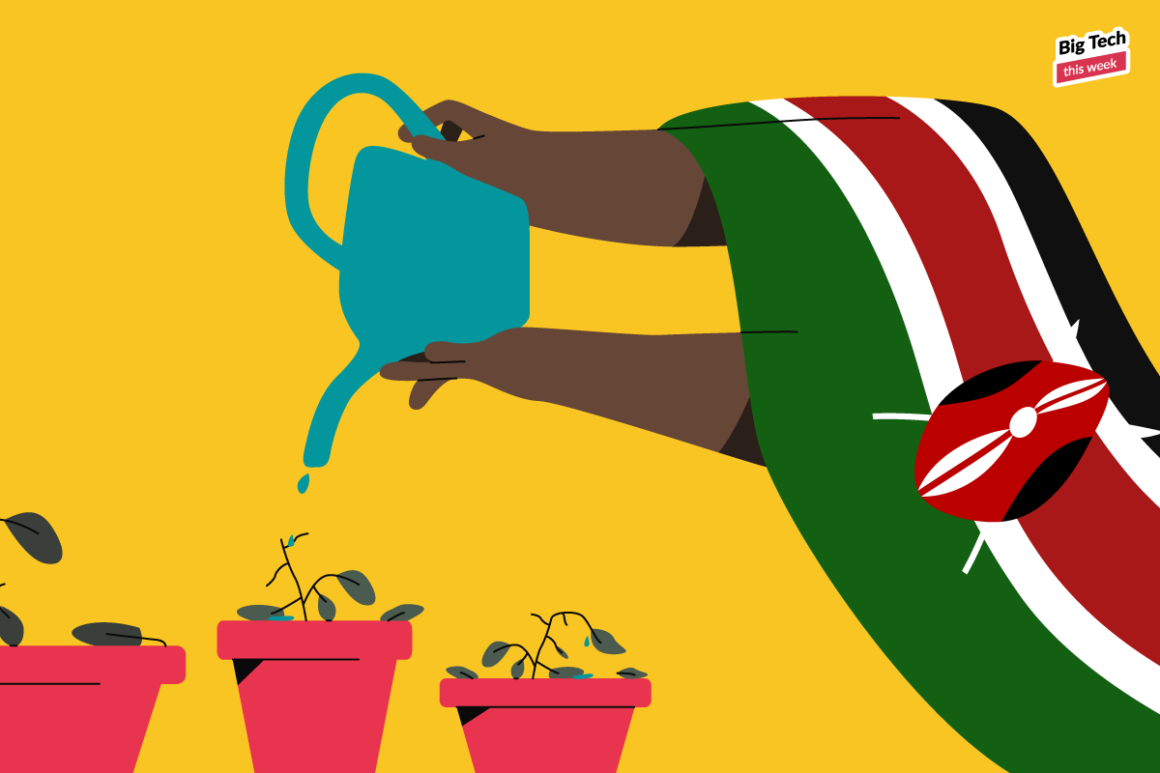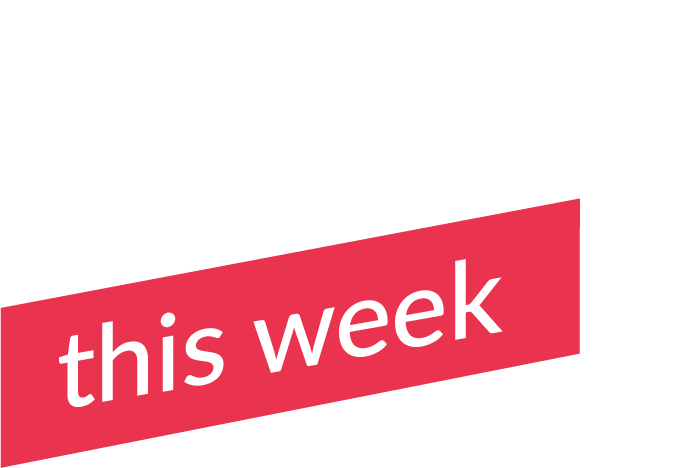Top of mind: Happy Sunday!
This week, Côte d’Ivoire joined a growing list of African countries to develop new regulations for its startup ecosystem.
And in other news, Nigeria’s Nestcoin stages a comeback and Kenya clamps down on rogue apps.
3 big things
– Côte d’Ivoire’s new rules
– Nestcoin’s comeback
– Kenya’s coming for rogue apps
Côte d’Ivoire new startup act

The short: Côte d’Ivoire boosts Francophone’s tech ecosystem with a new startup Act.
The Startup Act: Côte d’Ivoire is the latest in a slate of African countries developing startup laws. Mali, Rwanda, South Africa, Kenya, Ghana, and the Democratic Republic of Congo pioneered tech regulation in Africa with regional Acts to drive ecosystem growth.
Startup stakeholders in the country started the Act in 2021, followed by approval from the Ivorian Council of Ministers. The Act currently sits in parliament. Tunisia – the first African country to enact a Startup Act inspired Côte d’Ivoire’s new Act, with officials working with Tunisia’s government to draft the new regulation.
“The idea is not to copy the Tunisian legislation but to adapt it to the reality of our economy.”
– Florence Tahiri Fadika, Ministry of Communication and the Digital Economy.
A continental funding shift: Africa’s tech ecosystem is reeling out emerging players. While West Africa witnessed a decline in venture capital funding from $2 billion to $1.8 billion last year, North Africa celebrated an astronomical growth of 62%, soaring from $700 million to the billion-dollar milestone of $1.1 billion.
Africa’s “Big Four” – Nigeria, Kenya, Egypt, and South Africa, saw their funding dominance drop from 82% in 2021 to 75% in 2022. At the coast, Côte d’Ivoire raised $34 million in 2022, coming from a very quiet 2021, cementing its status as one of the fastest-growing economies on the continent.
What’s next: The Startup Act is an excellent catalyst for Côte d’Ivoire’s growing ecosystem. The legal framework in the Startup Act will create a suitable climate for startups to thrive, driving innovation and creating new jobs.
Final thoughts: African governments are leveraging the startup scene for economic growth. Developing regulation around the ecosystem will deepen public-private partnerships – all strong indicators of a continent on the rise.
Nestcoin plots a comeback

The short: Nestcoin makes a comeback with a spanking new product.
A weird year: 2022 started great for Nestcoin. They raised a whopping $6.45 million in a pre-seed round. Nestcoin’s web3 focus informed its investment in companies like Lazerpay and debuting products like Onboard Nubian, Breach, Metaverse Magna (MVM), and Brunch.
With the FTX collapse in November, Nestcoin’s CEO Yele Bademosi disclosed that a significant portion of the company’s operating budget was caught up in the rubble. After the announcement came layoffs and salary cuts of up to 40% of the remaining staff.
What’s in a comeback: Bademosi had some exciting announcements in his statement to the “Nestcoin Community” this week. In it, he said the company will be laser-focused on Onboard, describing it as a digital finance platform that prioritizes community and is owned by its members.
While the statement didn’t elaborately explain what Onboard is but opted for vague terms like “be your own bank,” Bademosi goes into more detail via a Twitter thread. In the thread, he describes Onboard as a wallet to buy, sell, send, and store crypto in US-dollar-backed stablecoins. In addition, he emphasised the ease of use and community as solid pillars of the platform.
Final thoughts: The success of Nestcoin’s new flagship product will be a well-deserved ending to a story of resilience. While the metaverse-fueled Web3 hype has dissolved and AI is the new star of the show, cryptocurrency’s rise is far from over.
Kenyan lenders struggle

The short: Kenya’s loan apps pursue a digital license.
An ecosystem audit: Last year, the Central Bank of Kenya (CBK) passed new Digital Credit Providers (DCP) regulations to clamp down on rogue loan apps using the digital lending space for fraudulent activities. The CBK created the rule over growing concerns about data privacy issues and the use of illegitimate funds as capital for the apps.
Google now requires loan apps to submit proof of license, leading to a drop in the number of loan apps available on Kenya’s Google Play store from 657 in February to about 198 today.
Slow burn: The CBK received 401 applications since March last year but issued only 32 Digital Credit Provider (DCP) licenses. Companies are kicking back, complaining about the painfully slow process that threatens the existence of their business. While some big names like Pezesha, MFS Technologies, Jumo, and M-KOPA have gotten licenses, others like MoKash and Okash struggle with the process.
Final thoughts: The Central Bank’s move to enforce the regulation was timely, but the licensing process is quite the opposite. They have a lot of great companies caught up in the crosshairs of their battle against rogue apps.
Good luck to all involved.
Extra! Extra!
Plugging my first UK TV debut on BBC, speaking about Silicon Valley Bank’s collapse on African startups! Watch here.
Enjoy watching, and let me know your thoughts 🙂

